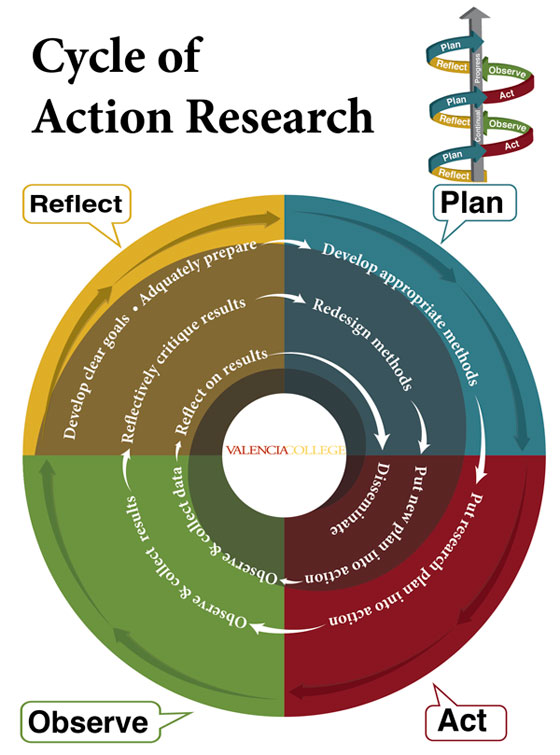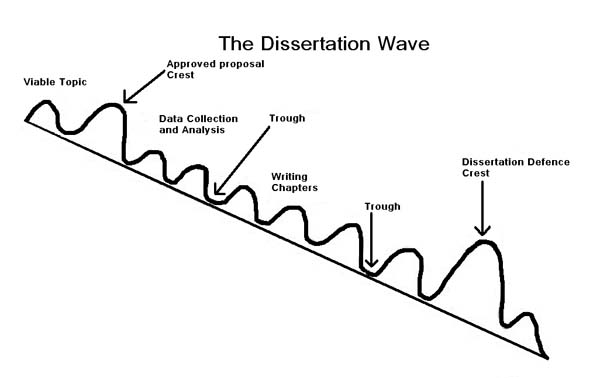Undergraduate Dissertation Examples
Title: Working with Undergraduate Dissertation Examples. An undergraduate dissertation or thesis is a document submitted in accordance of candidature for an academic degree or professional qualification at university. The term dissertation is used in the UK to refer to a final year undergraduate project. In essence, an undergraduate dissertation presents research conducted by an author which is ultimately reviewed and graded by academic staff.
This article written on undergraduate dissertation examples provides support and guidance for personal study and to help you through the undergraduate dissertation process. It highlights some of the common questions, concerns and practical issues that undergraduate students come across when completing their dissertation or final year project. So, we aim to provide a useful overview on how best to use undergraduate dissertation examples during your academic studies.
The content provided on our website was written by students, academic and support staff who have a particular interest and experience in writing undergraduate dissertations in various fields of study. Our site has not been produced with the aim of providing a set of definitive answers for your own chosen topic of study. Instead, we offer a collection of pre-written undergraduate dissertation examples. We do not write undergraduate dissertations for students, we leave that to students themselves.

How to best use Undergraduate Dissertation Examples
You can make best use of pre-written undergraduate dissertation examples in various ways and at various stages of the dissertation process. For example, before you start the dissertation, you can use existing undergraduate dissertation examples to:
- Explore what the demands and challenges of a dissertation are.
- Raise questions that you can ask your academic supervisor about.
- Help you think through what theme you could pursue in your dissertation.
- Help you prepare a research question.
If you have already started your own dissertation, you can undergraduate dissertation examples to:
- Clarify issues about specific chapters of the dissertation.
- Focus on key aspects of the dissertation such as timelines, structure, ethical issues and marking criteria.
- Organise the different stages of the dissertation. Remember, by failing to prepare, you are preparing to fail.
Undergraduate Dissertation Examples
Our website has a wide selection of undergraduate dissertation examples written on a variety of subject areas. These subjects are:
- Business Management
- Business Strategy
- Marketing Strategy
- Marketing Communications
- Branding and Advertising
- Economic Theory
- Finance and Accounting
- Business Law
- Building Studies
- Quantity Surveying
- Construction Management
- Human Resource Management
- Nursing and Midwifery
- Health Studies
- Communication Studies
- Media Studies
Benefits of using Undergraduate Dissertation Examples
It is safe to say that well written undergraduate dissertation examples have important factors that should be looked at in order to help you write your own research dissertation. These include the ability to be read and understood the research question you have in hand. Demonstrate the ability to capture the necessary facts so that you can successfully underpin and substantiate your research dissertation. Your research needs to be based on facts and not conjecture. You need to demonstrate the ability to follow the agreed format for writing a dissertation at your institution, it is important that you follow the guidelines outlined by your university. Students often gain a low mark in their dissertation as they used a bespoke format and structure. Most of all, you need the ability to communicate a certain message to whoever will reading your dissertation research, the dissertation must not deviate away from the research question or become uninteresting for the reader.
It is worthwhile noting that your dissertation should satisfy the rules of formal grammar because it is purely for academic purposes and will be treated as such. This is where pre-written undergraduate dissertation examples prove to be very useful indeed.
If you enjoyed reading this article, I would be very grateful if you could help spread this knowledge by emailing this post to a friend, or sharing it on Twitter or Facebook. Thank you.
Other Relevant Blog Posts
Where Can I Find Finance Dissertations




